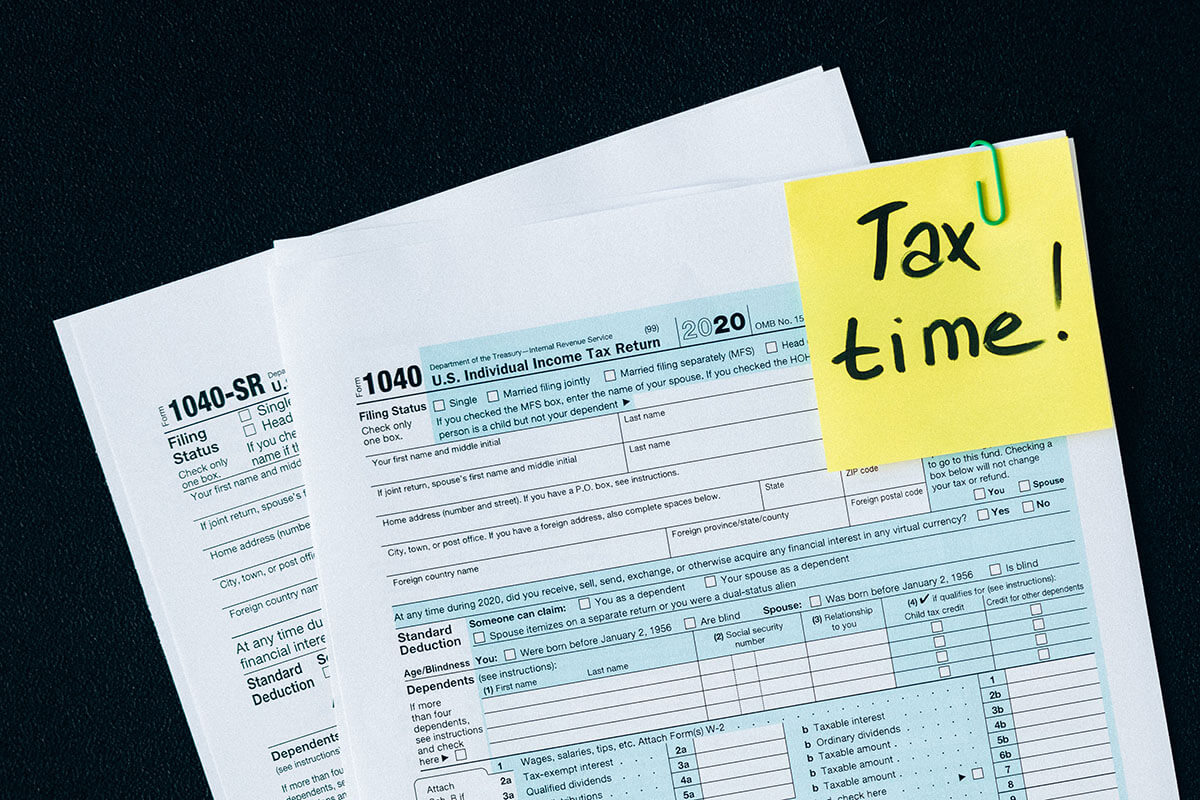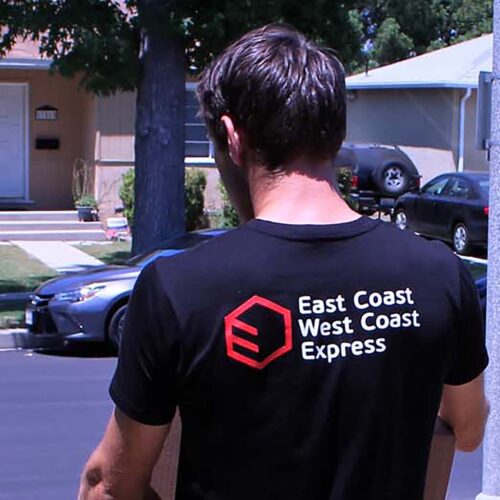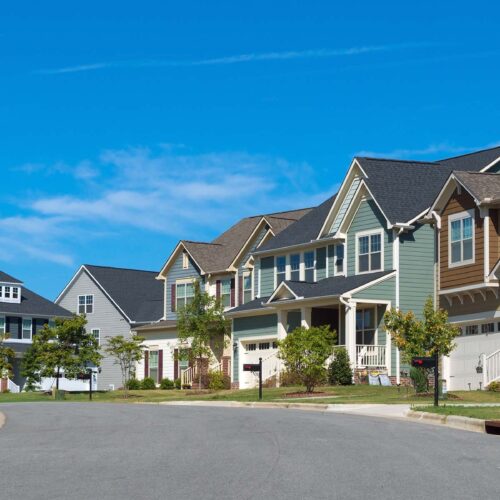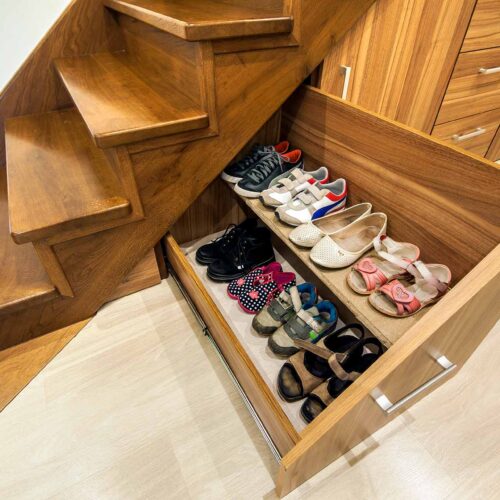

Now that you’ve finally decided to move long-distance, you’re probably wondering how to find a good neighborhood and be sure you’re making the right decision. Well, we all know that a decent home is so much more than curb appeal and the number of rooms. When you don’t appreciate the area, you won’t notice your dream house, even if it’s right in front of your eyes. That’s why we listed some of the most critical aspects you should dig into thoroughly before committing to your new life.
Compare Housing Costs Before Choosing a New Home
When thinking about your living expenses, housing and property rates are undoubtedly your biggest concern. When deciding where to move, you should get organized properly and set aside some time to compare the house prices. Keep in mind that the prices will vary widely depending on the place. So, if you’re relocating to another state alone, with no one to split the bills or other expenses, this will help you save some money down the road.
What’s Cheaper, City Living or Choosing a Suburban Life?
You might think that living in the suburbs is much cheaper than relocating to a big city. However, all recent studies have shown the opposite. Over 35 major US cities were analyzed, along with five of their suburbs, and it turns out that city living is cheaper in most places.
When it comes to the real estate market, lower rental and property rates are the only ones you may find to be lower in suburban areas. On the other hand, other expenses add up so quickly you don’t even notice the one good thing.
- Transportation – When living in the suburbs, you can’t do without a car. Sometimes even two of them, if you have a big family. This includes loans, gas, insurance, parking, etc. In the city, besides using a car, you can always reach your destination by public transport or even by walking.
- Groceries – There are often no large store chains in the suburbs, which means you have no access to cheaper supplies, only to local stores that often have higher prices.
- Entertainment – Of course, there are different types of events in the suburbs, too. Still, all big festivals and cultural happenings are in the cities, and driving there almost regularly is an extra expense.
Is It Better to Spend Your Money on a House or an Apartment?
Although this is a long-standing battle, the final answer unarguably depends on your personal preferences. Given that we’re mainly focused on living costs when relocating from a house to an apartment, you can expect to have lower expenses because it’s quite common that utilities are much higher when residing in houses. Also, renting a whole property can never be as affordable as renting an apartment or a studio, depending on what you’re looking for. Even relocating to a smaller place might be pricier than a spacious apartment.
 Think thoroughly about where and what to invest your money on
Think thoroughly about where and what to invest your money on
Take Our Advice and Do Not Ignore the Neighborhood’s Future Potential
You’ve probably heard so many times before that the three most important factors when choosing a place to live are location, location, and, of course, location. But, have you ever wondered why is it so important when it comes to the real estate market?
For one thing, almost everything about your place is changeable: its cost, its interior, even the size of the house can be changed. Except for its location. And if we’re talking about an area with continued growth and construction plans for the future – more schools, shopping centers, gas stations, etc. – then its value and desirability will increase, too.
Finding out a bit more about the future potential of your district is a simple step, and it can be done through the local Chamber of Commerce. Without it, you can’t be sure if it’s the right fit for you.
The Development Brings Changes, but It Also Increases Property Taxes
However, changes are not always positive. Even though development usually implies something positive, there are some negative effects you could expect. Taxes, for example. All the improvements will cause them to go up, so the more desirable your community is, the higher the property taxes will be.
 Certain changes are welcome, but do not ignore the consequences they bring
Certain changes are welcome, but do not ignore the consequences they bring
Safety Should Be on Your Priority List
Nowadays, it is easier than ever to check out crime rate statistics of the part of town you’re interested in. So even if you’re moving last-minute and have to pack and move in a hurry, there’s no excuse for not doing it. Also, choosing a long-distance moving company will save you a lot of trouble by delivering some of the basic long-distance moving services such as professional packing. With them by your side, you’ll have enough time to investigate every aspect of the journey ahead.
Although you’ll never find an entirely crime-free district, with websites like Crime Mapping, you can at least make sure to feel as safe as possible in your new community.
Look for an Area With Convenient Access to Public Transportation
No matter how open-minded you are, how to find a good neighborhood to live in seeks precise answers. In particular, a long daily commute can be a deal-breaker because of its impact on the quality of life. One more thing to keep in mind is whether there is local public transportation nearby because living in a big city usually means breaking through gridlock every day. Sometimes, it is simpler to get on the bus, train, or metro and ride away to the desired location.
If you still haven’t created a shortlist of places you’d like to live, start narrowing your choice by putting the ones that enable you to get around more productively. And if there’s a chance to bike and walk more instead of wasting your energy and money driving around, you know what to do. Do not let that one slip away!
 If you don't want to spend hours on the road, have an access to all forms of public transportation
If you don't want to spend hours on the road, have an access to all forms of public transportation
How to Find a Good Neighborhood: Pay Attention to Other Critical Amenities, Too
Transportation is not the only important thing you need to consider. There are other amenities, too, you should find out about, whether you’re living on your own or with a family. Think about what lifestyle suits you best and if you want to relocate efficiently, do not settle for less.
Are There Parks and Green Areas Around?
Easy access to greenery and local parks will undoubtedly increase your appreciation for the area. Especially when you have kids, residing close to playgrounds and recreational centers is a must. These are also the best places to meet new people when you’re a newbie since there are common gathering places for community members. Not to mention how easy they make moving with pets.
Proximity to Work Is Essential When Choosing Your Future Address
Whatever your reasons to move are, whether you’re relocating a business to another state or you’re moving for a new job altogether, don’t forget to put this one on your office move checklist. That way, there’s flexibility and balance between your home address and workplace that would otherwise be pretty much impossible to have. When you don’t have to spend hours commuting to and fro, being with your family and being a reliable employee is equally doable.
To learn more about the most desired amenities when relocating, check out the video below.
Consider Schools Nearby and Their Overall Quality
In case you’re wondering how to find the right neighborhood to live in when relocating with kids, renting or buying a place in a high-performing school district is something you should seriously consider. Sending your children to local public schools requires thorough research, and to help parents find top-rated ones, there are always websites like Great Schools to dig into. Relocating to a new home calls for some smart moves, and even though it may take a while until you find a suitable community to look into, do not be discouraged. On the school district’s website, you can usually download the report card of all the schools surrounding you.
 Searching for well-respected school districts is vital before transitioning
Searching for well-respected school districts is vital before transitioning
Do Your Homework and Read Reviews to Determine Whether the Area Is a Fit
There are still a few more things to do before relocating to make sure you’ve made the right choice. Thanks to modern technology, learning about particular neighborhoods is a piece of cake, since people share a serious amount of information online about their communities. To find good neighborhoods, by using sites like Niche you will have quick access to a number of reviews written by former and current residents. So dive right in with your private investigation.
Evaluate the Community
If you’re still not sure how to find a place to live, spending a few days in the community you’re interested in could help. Meeting new neighbors, figuring out if the community is friendly enough, or, on the contrary, you would have to deal with neighbors that complain about everything will certainly clarify things a bit. Although you have only a short amount of time to evaluate the community spirit, trust your gut here.
 The community is an essential part of harmonious life, so try to find the right one
The community is an essential part of harmonious life, so try to find the right one
Check Out Available Online Resources for Free
Sure, the search process is time-consuming, and finding the right resources in the sea of information available turns out to be one of the biggest challenges. To relieve some of the relocation stress, we listed some of the best online district finders for you:
- NeighborhoodScout – Take this one as your starting point, with a great amount of valuable data to help you estimate a potential purchase. Here you’ll find out all about the safest areas in town, the priciest neighborhoods, what the most welcoming ones are, etc.
- com – Simply by using the city name or a zip code, you’ll be provided with home value information, school ratings, competitive businesses, etc.
- HomeFair – If you’re looking for quick access to specific information on cost of living comparison, look no further.
- Trulia – Whether you want to buy a place or rent it, this is an excellent resource for potential future homes.
 There are many online resources available to help you with your search
There are many online resources available to help you with your search
Now You Are Ready to Find a Place to Call Home
Now that you have a pretty clear picture of what it takes to be happy with your future place, it’s finally time to move. However, before scheduling long-distance moving services for the big day, remember there’s no such thing as an ideal community, but there’s certainly an ideal one for you. With both benefits and drawbacks, it’s vital to settle down where you feel at home.










